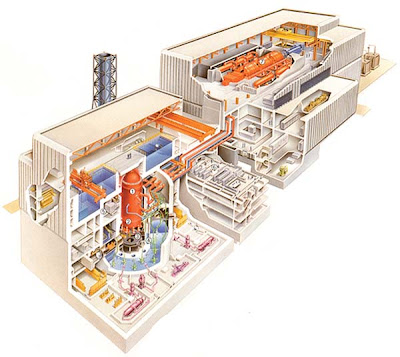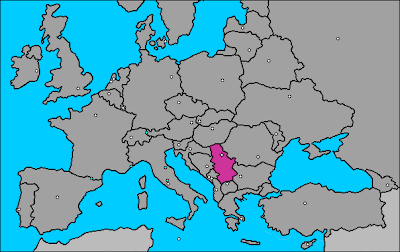
Various Organization of Petroleum Exporting Countries officials have said there is no need to take steps to raise oil production rates at the group's summit in Vienna.
Officials from Qatar, Nigeria, and Libya have said Organization of Petroleum Exporting Countries doesn't need to raise production because the US economy is slowing and inventories are rising, Bloomberg News reported on Thursday.
"The world has sufficient supply, even oversupplied in some places," Qatar's Abdullah bin Hamad al-Attiyah said yesterday. "So to increase, I don't think this is on the agenda."
Saudi Arabia's oil minister, Ali al-Naimi, said oil market fundamentals are "very sound" and declined to comment further.
Officials from Qatar, Nigeria, and Libya have said Organization of Petroleum Exporting Countries doesn't need to raise production because the US economy is slowing and inventories are rising, Bloomberg News reported on Thursday.
"The world has sufficient supply, even oversupplied in some places," Qatar's Abdullah bin Hamad al-Attiyah said yesterday. "So to increase, I don't think this is on the agenda."
Saudi Arabia's oil minister, Ali al-Naimi, said oil market fundamentals are "very sound" and declined to comment further.
The Organization of Petroleum Exporting Countries, supplier of more than 40 percent of the world's oil, would consider an output cutback "if the world economy moves toward a recession," al-Attiyah said.
Oil has fallen from a record $100.09 a barrel on Jan. 3, but rose 69 cents yesterday to settle at $92.33 in New York.
Officials from Iran, the United Arab Emirates, Iraq, and Ecuador have also said that oil supplies are sufficient, rejecting US President George Bush's January 15 request for increased supply.
"There is no need to take any action," Shokri Ghanem, Libya's top oil official, said yesterday. "There should be caution" because of slowing economies, he said.
The economy is "not doing too well," Organization of Petroleum Exporting Countries president and Algerian Energy Minister Chakib Khelil said in Vienna yesterday. Oil market stockpiles "are at a good level," though demand will decline in the second quarter, he said.
Organization of Petroleum Exporting Countries will keep its output target unchanged at 29.67 million barrels a day when it meets in Vienna tomorrow, according to 29 of 32 analysts surveyed by Bloomberg News.
Oil has fallen from a record $100.09 a barrel on Jan. 3, but rose 69 cents yesterday to settle at $92.33 in New York.
Officials from Iran, the United Arab Emirates, Iraq, and Ecuador have also said that oil supplies are sufficient, rejecting US President George Bush's January 15 request for increased supply.
"There is no need to take any action," Shokri Ghanem, Libya's top oil official, said yesterday. "There should be caution" because of slowing economies, he said.
The economy is "not doing too well," Organization of Petroleum Exporting Countries president and Algerian Energy Minister Chakib Khelil said in Vienna yesterday. Oil market stockpiles "are at a good level," though demand will decline in the second quarter, he said.
Organization of Petroleum Exporting Countries will keep its output target unchanged at 29.67 million barrels a day when it meets in Vienna tomorrow, according to 29 of 32 analysts surveyed by Bloomberg News.
Source: PressTV
Blogalaxia:OPEC fotolog Technorati:OPEC Bitacoras:OPECagregaX:OPEC















